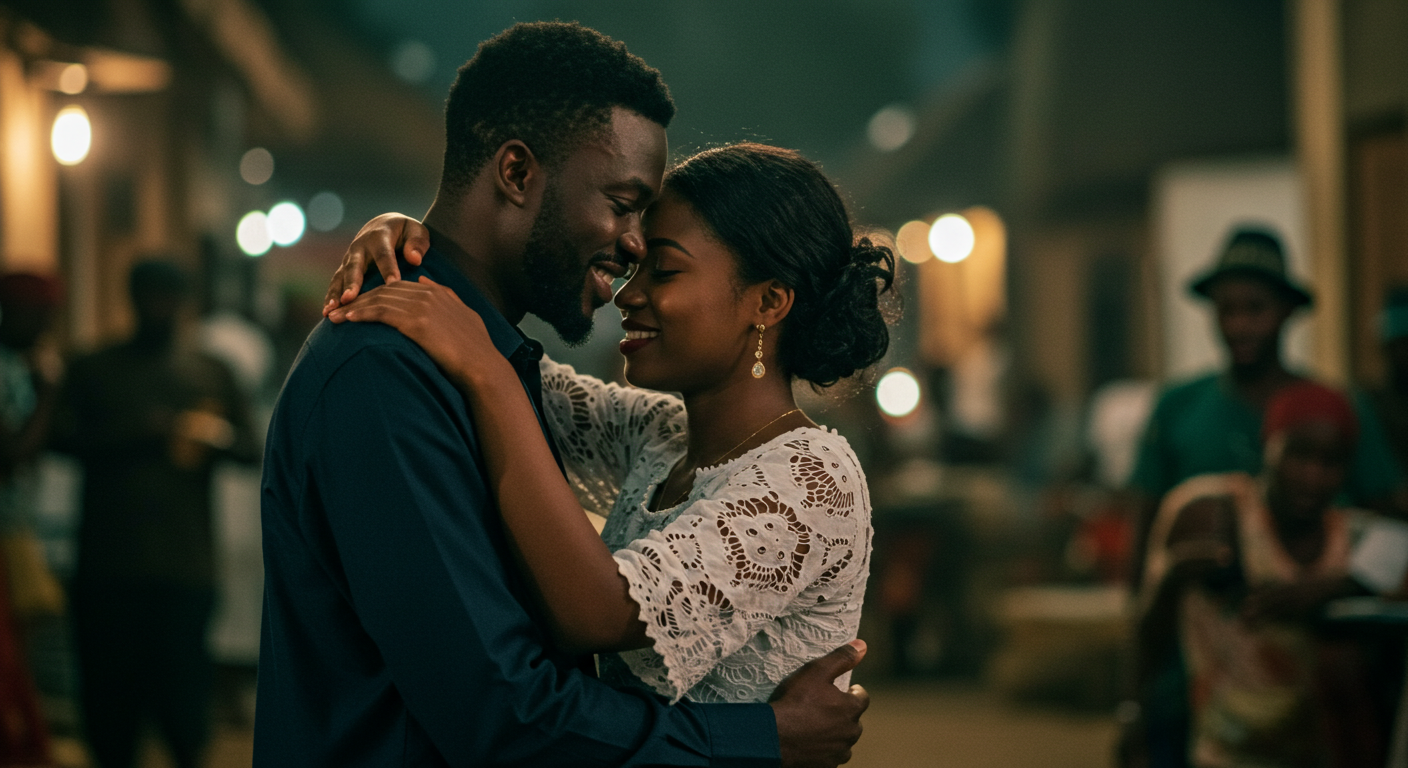Love has always been at the heart of storytelling, and in Nollywood—the world's second-largest film industry by volume—it’s a theme that continues to captivate millions. From tales of forbidden romance to narratives of enduring commitment against societal odds, Nollywood’s love stories have not only entertained but also mirrored and shaped cultural perceptions about relationships across Africa.
One of the most iconic love films, Keeping Faith (2002), directed by Steve Gukas and starring Genevieve Nnaji and Richard Mofe-Damijo, offered a raw look at the struggles of modern relationships, trust, and personal growth. Then came The Wedding Party (2016), arguably Nigeria’s highest-grossing film, which celebrated love amidst lavish tradition and comedic chaos. The chemistry between Adesua Etomi and Banky W, alongside the clash of elite families, highlighted how weddings in Nigeria are not just romantic events but social battlegrounds.
These films, among others like 30 Days in Atlanta, Phone Swap, and Isoken, capture the multiplicity of African romance: urban vs rural expectations, modern independence vs traditional roles, class divides, and even diasporic reconnections. Nollywood’s love stories are rarely just about boy meets girl—they are social commentaries wrapped in emotion.
What makes Nollywood’s romantic narratives compelling is their rootedness in Nigerian culture—respect for elders, family involvement in relationships, spiritual guidance, and the realities of navigating love in a fast-changing society. As the industry continues to grow and reach global platforms like Netflix, we see more nuanced love stories that represent the diversity of African experience—queer love, love beyond borders, and love in the digital age.



